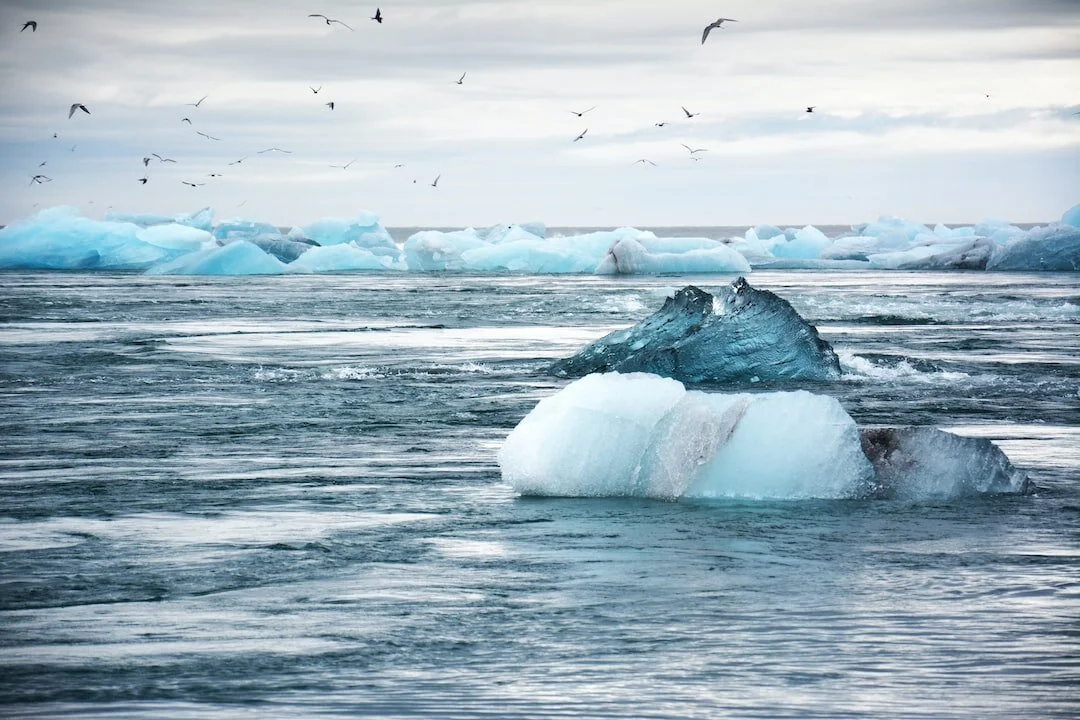Resources
Resources for Your Heart and Mind
The American Psychology Association defines eco-anxiety as “the chronic fear of environmental cataclysm that comes from observing the seemingly irrevocable impact of climate change and the associated concern for one's future and that of next generations”. It has become a catch-all phrase for a range of emotions including grief, anger, frustration related to the environmental and climate crises.
Contemplative Practices
Solastalgia was coined by the philosopher Glenn Albrecht as "the homesickness you have when you are still at home" and refers to the distress produced by negative environmental change among people who identify with and are directly connected to their home environment. These emotions are exacerbated by their feelings of powerlessness and a lack of control over decision-making processes regarding the change.
Organizations to Connect With
Climate Distress is an emerging term that casts a wide net across all negative emotions around climate change and refers to a range of emotional intensity from discomfort to chronic distress. It attempts to incorporate other popular terms including ecological grief, described by researcher Ashlee Cunsolo; existential distress as articulated in palliative care; and pain for the world, the concept framework developed by Joanna Macy.

Make it stand out
What do we mean by deep resilience?
Inner Resilience
The American Psychological Association (APA) defines psychological or inner resilience as the process and outcome of successfully adapting to difficult or challenging life experiences, especially through mental, emotional, and behavioral flexibility and adjustment to external and internal demands. Inner resilience can look very different depending on culture, race, gender and other variables.
Community Resilience
Community resilience is traditionally seen as the sustained ability of a community to utilize available resources (food, energy, transportation, etc.) to respond to, withstand, & recover from adverse situations. More recent scholarship indicates that measuring a community’s sustained ability merely is not sufficient and must including existing conditions within the community as well.
Planetary Resilience
Ecological or planetary resilience refers to the innate ability of ecosystems to “bounce back” and maintain regular functions (nutrient cycling, biomass production, etc.) after suffering damage caused by a threat or disturbance. This kind of resilience requires that ecological systems are not individual isolated entities but complex units and varying wholes that are in constant fluid relationship.







